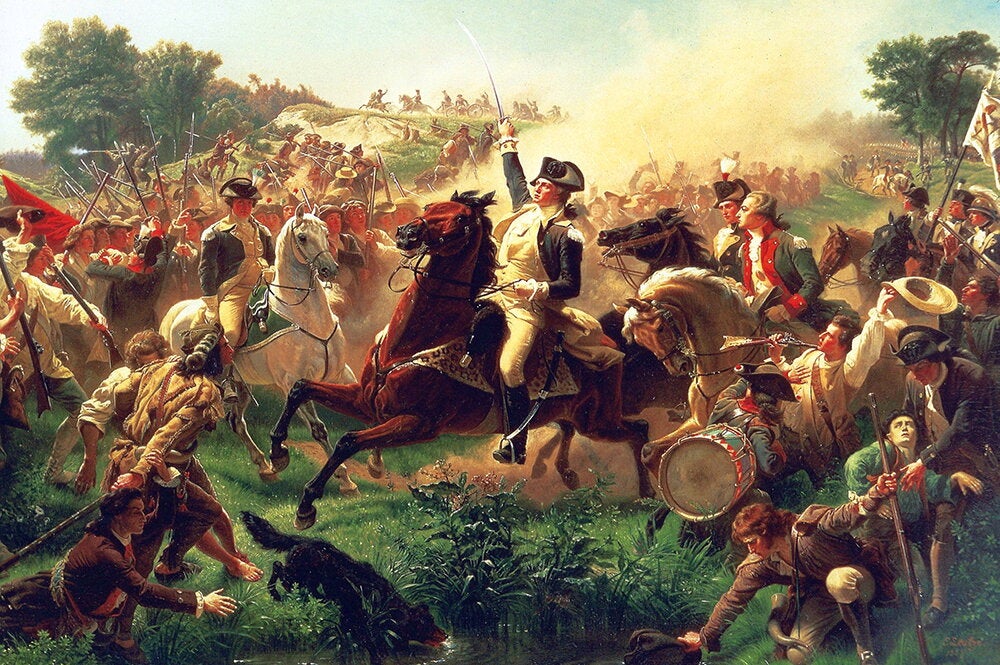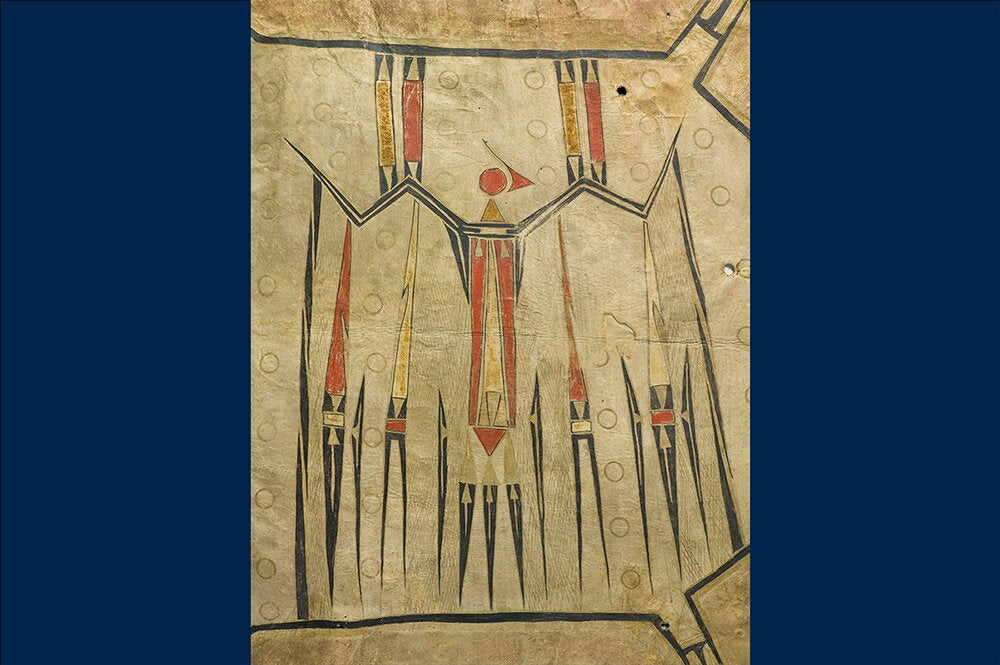

A new class called Careers for Humanities Majors is helping students explore job opportunities and develop skills for starting a new career.
As part of HUM 275, students work on resumes and cover letters, take field trips to local organizations and businesses, practice networking with professionals, and hear from speakers working in different industries who graduated with humanities degrees.
“I’ve been teaching courses like this in the Department of English,” said Kirstin Wilcox, the course’s instructor and director of the newly created Humanities Professional Resource Center. “It’s clear that students in humanities benefit from guidance and thinking broadly about those skills and learning how the skills connect to the workplace.”
The course has now pivoted to an online format, in keeping with the University response to COVID-19. Invited speakers continue to share advice with students in weekly Zoom meetings, and students continue to share career strategies on an online discussion board, in addition to completing their career planning assignments.
“Social distancing doesn’t have to be an obstacle to networking and career exploration,” Wilcox said. “I’m encouraging students to reach out by email and phone to make professional connections and have informational interviews.”
The class places emphasis upon building networking skills and exploring job opportunities through hands-on experience and field trips. So far, they’ve listened to speakers such as Laurel Straub, an assistant vice president at State Farm, visited employers such as the University of Illinois Press, and have gotten job application advice from a panel of human resource professionals.
Because humanities degrees often build cross-disciplinary skills and don’t restrict students to a single career path, the abundance of options can be overwhelming, Wilcox said. Class activities, such as analyzing job ads and conducting informational interviews with people from different industries, can help students understand what career paths they’re interested in and prepare them to interact in a professional environment.
“They enjoyed getting to work on resumes and cover letters from the perspective of a humanities major,” Wilcox said. “They liked the exposure to different career paths, as well as the affirmation that humanities skills are needed in the workplace.”
The class is made up of juniors and seniors from many humanities majors, including English, history, and Latina/Latino studies. Stanley Smith, who majors in history and linguistics, said the best part of HUM 275 has been one-on-one career coaching with Wilcox.
“HUM 275 awakened my inner professional and created an atmosphere of success for everyone in the course,” Smith said. “In taking HUM 275, resources which had been on the peripheral were now going to be in the epicenter for me.”
After a pilot class last fall, the course will continue to be offered every semester as a two credit hour class. Wilcox welcomes speakers to talk to her class, and prospective speakers can contact her at kwilcox@illinois.edu.
“Words cannot express my happiness for discovering all these U of I resources at my fingertips,” Smith said. “My advice is to enroll in HUM 275, you never know what opportunities are in the fold waiting to be opened.”


